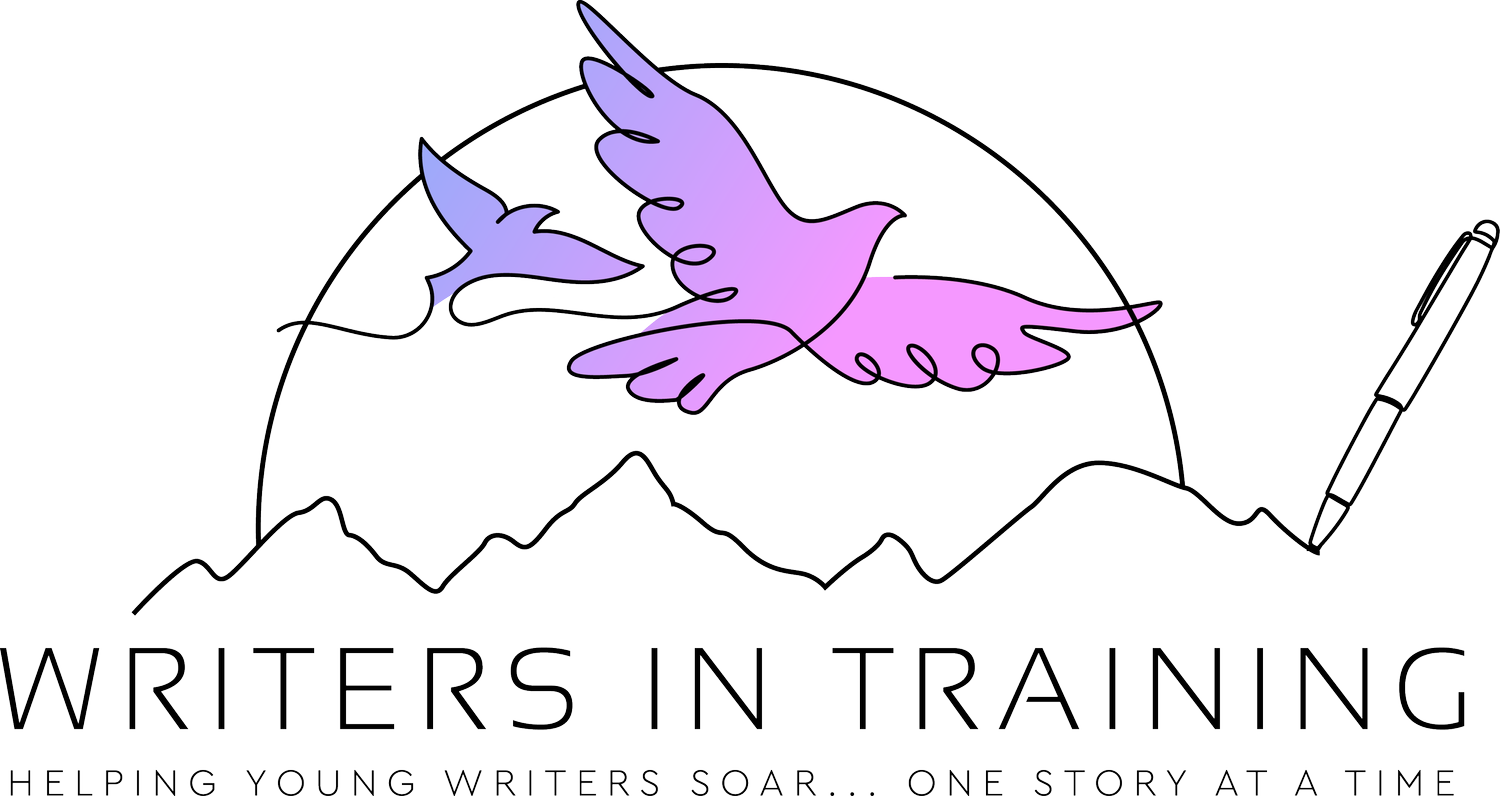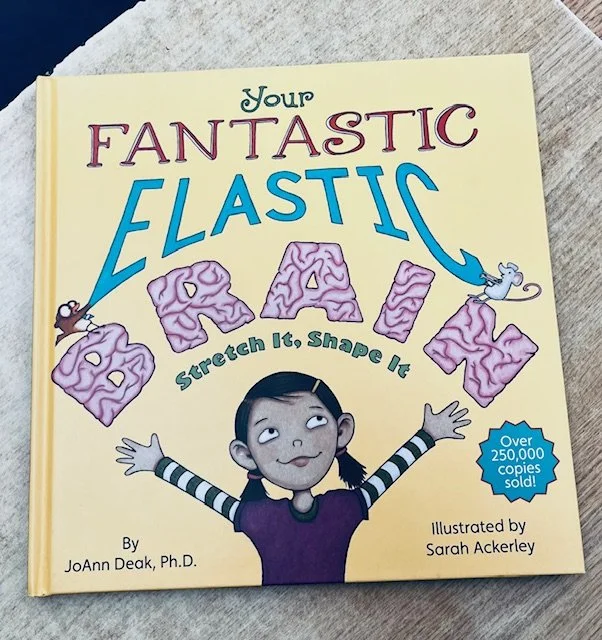Curiosity’s Call
“The word ‘why’ not only taught me to ask but also to think. And thinking has never hurt anyone. On the contrary, it does us all a world of good. ”
“Why???” This is the earliest question a child asks when they begin to build an awareness of the world around them. And what an important question it is! ‘Why’ invites us to wonder, anticipate outcomes, think more deeply, and make connections between what we already know and the mysterious things that are, as yet, beyond our understanding.
An interesting thing happens once children embark on their school career. They ask the question ‘why’ less and less frequently.
Why is that?
I wonder if it is because we, as adults tasked with the serious work of educating these young minds, answer the ‘whys’ too quickly, sometimes before they are even asked. What a tragedy!
I catch myself doing this so often. I have curricular objectives to teach, concepts to solidify, and lists of skills students must master. Too often, explaining everything up front is more straightforward (and quicker!) than allowing students time to be curious.
But it is in thinking, wondering, asking questions, and pondering that so much learning takes place. Am I sacrificing deep learning on the altar of perceived time constraints? I suspect that, more often than I like to admit, I am. I also suspect I am not alone in this. Whether you are a parent, homeschooler, or teacher, I am sure you, too, feel the pressure of time marching on. You, too, miss out on the chance to encourage deep, meaningful wondering. The urgency to move on to the next Most Important Thing supersedes curiosity’s call.
For young writers, asking ‘why’ is essential at every step of the creative writing process. When hunting down or capturing ideas, asking ‘why’ can begin a cascade of thoughts leading to the next great idea. Asking ‘why’ initiates other important questions like, ‘What if?’ and ‘How?’ and ‘Why not?’
How can you encourage curiosity in your child? One vital yet undervalued thing you can do is… drum roll, please… read with them! In our fast-paced world of piano practice, soccer games, family functions, grocery shopping, and the myriad activities families engage in daily, sitting down to read with your child becomes the lowest item on a parent’s to-do list. I know this is true because I hear this from parents regularly in my day job as a teacher.
However, the benefits of reading together far outweigh the “inconvenience” of taking fifteen minutes to snuggle up with a good book. Reading together starts a cascade of effects far beyond simply instilling curiosity in your child. You’ll be surprised at how reading together positively affects multiple areas of your home life.
A study in the Journal of Developmental and Behavioural Pediatrics found, “Parents who read one picture book with their children every day provide their children with exposure to an estimated 78,000 words each a year.”(1) The study concluded that children who are read to over the five years before they enter kindergarten are exposed to 1.4 million more words than children who are never read to. That’s a lot more words! Words that are essential to their development and language acquisition. Words that are far more diverse than what they would hear through conversation alone. Words that create connections to objects, people, and ideas. Words that stimulate their imagination and cause them to ask the question ‘why.’ Words that make them wonder and engage inquisitively with the world around them.
Another study in the same journal discovered that shared reading starting at age one was a predictor of less harsh parenting by age three. (2) In other words, reading with your child affects the strength of your parent-child relationship. The shared experience of reading together changes how you respond when hard parenting moments arise, and you need to correct or discipline your child. Reading together softens you. It has the potential to change your heart and your mind and to influence your responses. It has the power to make you a kinder, more patient parent.
Other studies show that increased reading time with caregivers results in a decrease in screentime. Decreased screentime correlates directly not only with increased language acquisition but also with lower behavior issues and improved parent-child relationships.(3) In addition, children who read with adults regularly are more likely to explore other areas of interest. They are more likely to move their bodies physically, thus reducing the potential for obesity and other health issues. They will want to interact with family members more often. Anxiety decreases, and social-emotional development improves. If you’ve been struggling with setting boundaries and decreasing screentime, reading together can be an essential (and simple!) part of the solution.
The takeaway? Read to your child often. Read widely. Start early.
Parents, can I encourage you today? You are invaluable. Children in the early years acquire and develop language skills primarily from adult interactions. Before they become readers, the only language they encounter is oral. Every interaction with your child is an opportunity to help them grow in language acquisition, emotional intelligence, strength of character, and relationship with you. You are vital! And if reading together for a few minutes daily will strengthen your emotional bond and increase language acquisition, those few minutes are worth it. As an added benefit, your child will become a more curious human being who asks questions and thinks creatively and critically.
There are so many incredible books you can read with your child. Why not start with a book about how the brain works? “Your Fantastic Elastic Brain” (by JoAnn Deak, Ph.D.) is a wonderfully child-friendly look at the structure and function of the brain. Children are encouraged to stretch and grow their brains by taking risks to learn new skills, sticking with skills even when they are hard to learn, and being okay with making mistakes. Curious people solve problems, and solving problems helps brains grow.
Curiosity is calling. How will you answer the call today?
Sources:
1 Logan, Jessica A. R. PhD*; Justice, Laura M. PhD*; Yumuş, Melike PhD†; Chaparro-Moreno, Leydi Johana*. When Children Are Not Read to at Home: The Million Word Gap. Journal of Developmental & Behavioral Pediatrics 40(5):p 383-386, June 2019. | DOI: 10.1097/DBP.0000000000000657
2 Jimenez, Manuel E. MD, MS, FAAP*,†,‡,§,‖; Mendelsohn, Alan L. MD¶; Lin, Yong PhD**; Shelton, Patricia§; Reichman, Nancy PhD*,‡,††,‡‡. Early Shared Reading Is Associated with Less Harsh Parenting. Journal of Developmental & Behavioral Pediatrics 40(7):p 530-537, September 2019. | DOI: 10.1097/DBP.0000000000000687
3 Muppalla SK, Vuppalapati S, Reddy Pulliahgaru A, Sreenivasulu H. Effects of Excessive Screen Time on Child Development: An Updated Review and Strategies for Management. Cureus. 2023 Jun 18;15(6):e40608. doi: 10.7759/cureus.40608. PMID: 37476119; PMCID: PMC10353947


